It’s #IPThursday on a Friday! Here’s the second part concerning The Music used in Shaka Zulu. The following thread will tell the story of the woman who voiced that epic theme song.
Let me start this part of our story by introducing Margaret Mcingana. Margaret was born in the predominantly xhosa town called Queenstown, in the Eastern Cape in 1938.
Sometime in the 1950s, as most young adults at the time did, Margaret decided to try and make some real money. So she left home to go find work in Johannesburg. She arrived in Jhb and found employment in the white surbubs as a domestic worker.
Whilst performing her tasks, Margaret would often sing while cleaning etc. Her employer at the time recognised her talent and encouraged her to pursue a career in singing, she even introduced her to a recording company (Dont we wish we all had bosses like this?).
Throughout most of the 60s, she promoted herself as an artist. She changed her surname from Mcingana to “Singana”, because it would be easy for white people to pronounce. Soon, she started performing with a group known as The Symbols.
In 1972 or sometime thereabout, she released the song “I never loved a man the way I love you”, which was a hit. She was the first black woman in South Africa to perform in Bloemfontein and feature on the Radio 5 hit parade which apparently was a huge deal during apartheid.
The following year in 1973, she was cast as the lead singer in the stage musical Ipi Ntombi. Ipi Ntombi was a huge hit and the production toured the UK, Aussie and USA.
Sidenote: If you remember your parents watching Ipi Ntombi, your wedding is long overdue! https://abs.twimg.com/emoji/v2/... draggable="false" alt="😂" title="Gesicht mit Freudentränen" aria-label="Emoji: Gesicht mit Freudentränen">
https://abs.twimg.com/emoji/v2/... draggable="false" alt="😂" title="Gesicht mit Freudentränen" aria-label="Emoji: Gesicht mit Freudentränen">
Sidenote: If you remember your parents watching Ipi Ntombi, your wedding is long overdue!
Ipi Ntombi featured the song that made Singana a huge star “Mama Tembu’s Wedding”. I’m sure most of you have heard it before.
NB: You might wanna turn on your sound for the next slides.
NB: You might wanna turn on your sound for the next slides.
Throughout the 70s she was the voice behind a lot of songs you would probably know but didn’t know were sung by her. Such as the commercial remake of the lullaby “Sana lwami ndinebhongo”. https://abs.twimg.com/emoji/v2/... draggable="false" alt="🔉" title="Lautsprecher mit einer Schallwelle" aria-label="Emoji: Lautsprecher mit einer Schallwelle">
https://abs.twimg.com/emoji/v2/... draggable="false" alt="🔉" title="Lautsprecher mit einer Schallwelle" aria-label="Emoji: Lautsprecher mit einer Schallwelle"> https://abs.twimg.com/emoji/v2/... draggable="false" alt="🔉" title="Lautsprecher mit einer Schallwelle" aria-label="Emoji: Lautsprecher mit einer Schallwelle">
https://abs.twimg.com/emoji/v2/... draggable="false" alt="🔉" title="Lautsprecher mit einer Schallwelle" aria-label="Emoji: Lautsprecher mit einer Schallwelle"> https://abs.twimg.com/emoji/v2/... draggable="false" alt="🔉" title="Lautsprecher mit einer Schallwelle" aria-label="Emoji: Lautsprecher mit einer Schallwelle">
https://abs.twimg.com/emoji/v2/... draggable="false" alt="🔉" title="Lautsprecher mit einer Schallwelle" aria-label="Emoji: Lautsprecher mit einer Schallwelle">
However, the song that was to bring her commercial success was “Hamba Bhekile”. Hamba Bhekile is a traditional xhosa song that she recorded and released. It was often sung by men who would drink together and pass the calabash to each other.  https://abs.twimg.com/emoji/v2/... draggable="false" alt="🔉" title="Lautsprecher mit einer Schallwelle" aria-label="Emoji: Lautsprecher mit einer Schallwelle">
https://abs.twimg.com/emoji/v2/... draggable="false" alt="🔉" title="Lautsprecher mit einer Schallwelle" aria-label="Emoji: Lautsprecher mit einer Schallwelle"> https://abs.twimg.com/emoji/v2/... draggable="false" alt="🔉" title="Lautsprecher mit einer Schallwelle" aria-label="Emoji: Lautsprecher mit einer Schallwelle">
https://abs.twimg.com/emoji/v2/... draggable="false" alt="🔉" title="Lautsprecher mit einer Schallwelle" aria-label="Emoji: Lautsprecher mit einer Schallwelle"> https://abs.twimg.com/emoji/v2/... draggable="false" alt="🔉" title="Lautsprecher mit einer Schallwelle" aria-label="Emoji: Lautsprecher mit einer Schallwelle">
https://abs.twimg.com/emoji/v2/... draggable="false" alt="🔉" title="Lautsprecher mit einer Schallwelle" aria-label="Emoji: Lautsprecher mit einer Schallwelle"> https://abs.twimg.com/emoji/v2/... draggable="false" alt="🔉" title="Lautsprecher mit einer Schallwelle" aria-label="Emoji: Lautsprecher mit einer Schallwelle">
https://abs.twimg.com/emoji/v2/... draggable="false" alt="🔉" title="Lautsprecher mit einer Schallwelle" aria-label="Emoji: Lautsprecher mit einer Schallwelle">
The lyrics go “Hamba Bhekile, musuhlala ndawonye”. Bhekile is the calabash, the song literally says “pass the calabash, dont keep it too long”. Something to to sing along to next time you drink with your friends. https://abs.twimg.com/emoji/v2/... draggable="false" alt="😁" title="Grinsendes Gesicht mit lächelnden Augen" aria-label="Emoji: Grinsendes Gesicht mit lächelnden Augen">
https://abs.twimg.com/emoji/v2/... draggable="false" alt="😁" title="Grinsendes Gesicht mit lächelnden Augen" aria-label="Emoji: Grinsendes Gesicht mit lächelnden Augen">
During this period she toured extensively performing her hits. Especially Mama Tembu’s Wedding and Hamba Bhekile. Many in the industry saw her as an icon and many young black artists saw her as a mentor.
In 1978, during a perfomance in Jhb. She suffered a stroke and collapsed on stage. The stroke left her wheelchair bound and slowed down her momentum, halting her career for some years.
However, she made a return in the early 1980s and started performing in front of thousands of people again. In her late 40s and wheelchair bound she could still entertain.
In 1986, the producers of Shaka Zulu wanted to make a theme song that would give the story an epic feel. They approached Singana to make an adaptation of her song “Hamba Bhekile” for the film. It was at this time that she recorded “We Are Growing” which was used as the theme song
“We Are Growing” was the biggest hit in SA, and it even reached number 1 in the Netherlands. Her popularity cemented her status as “Lady Africa”.
This is where the story takes a huge left gets technical, so bear with me. When the SABC commissioned Shaka Zulu in 1984, they appointed this man, Dave Pollecut to produce and arrange the musical score. They paid him a fee of R47k for his work on the series.
Pollecut worked with Singana and Hamba Bhekile was adapted to “We Are Growing” which was used as the theme. The movie was a huge hit. Moreover, the music was very popular and people wanted to purchase the soundtrack on its own as well. Pollecut owned the rights to MOST of it
As the soundtrack was in high demand, the SABC went to Pollecut and asked for a licence (consent) to distribute the music for the series. In this regard, they would pay Pollecut and his staff royalties should they sell records. Sounds fair right?
The SABC then went on to distribute the master tape for Shaka Zulu through a company overseas. This company distributed the music but didn’t pay all the necessary monies back to the SABC, and naturally the SABC couldn’t pay Pollecut his royalties
Pollecut was obviously upset by this, and in 1995 he took the SABC to court for his royalties. Initially the SABC acknowledged that it owed Pollecut money, but after they found out how much it actually was, they actively fought paying the royalties and they looked for a way out.
Pollecut’s case wasn’t so easy:
1. After his agreement with the SABC in the 80s, Pollecut had sold the rights to the music to another party.
2. While the SABC was distributing the music overseas, Pollecut was no longer the owner.
3. SABC felt that they had no obligation to pay
1. After his agreement with the SABC in the 80s, Pollecut had sold the rights to the music to another party.
2. While the SABC was distributing the music overseas, Pollecut was no longer the owner.
3. SABC felt that they had no obligation to pay
Read in Sitayi’s voice, might help!
The court had to decide whether to uphold the initial agreement between Pollecut and the SABC. Or:
to disregard his claim as he was no longer the owner of the IP when the matter was brought forward. The case is “SABC v Pollecut” google it.
The court had to decide whether to uphold the initial agreement between Pollecut and the SABC. Or:
to disregard his claim as he was no longer the owner of the IP when the matter was brought forward. The case is “SABC v Pollecut” google it.
Harms J in the SCA dismissed the SABCs case and ordered them to pay Pollecut his royalties. They decided that despite Pollecut having sold his rights to the music later, he had every intention to still receive future royalties as a Performer, in terms of Performers Rights.
So what did this judgement mean for Margaret Singana, the singer of the biggest hit in the soundtrack? Well, from what I’ve read, nothing. I’m not actually sure who owned the rights to the Shaka Zulu theme song, but it wasn’t Singana or Dave Pollecut.
Pollecut had not written “Hamba Bhekile” or “We Are Growing” and had no rights to the song. So his agreement with the SABC and the judgement won, specifically EXCLUDED the We Are Growing. It doesn’t appear that any royalties won against the SABC would be paid to Margaret Singana.
The Shaka Zulu Soundtrack including “We Are Growing” continued to be distributed, but no one thought to compensate the star of the main theme. I’m not even sure who owned the rights to her recording but what I do know is that she wasn’t getting paid for her song.
We Are Growing was her last hot song and soon thereafter she retired. Over the years the execs at the SABC changed and she in time she became largely forgotten. Even though the film and music still play regularly.
Throughout most of the 90s, her financial situation deteriorated as did her health. Margaret Singana died in April 2000, living in poverty, at the age of 62.
Its circle of life in this biz:
1. Great artist signs bad deal with the broadcaster and/or producer.
2. Loses popularity and cant get royalties for old work.
3. Lives poor and dies poverty.
4. Mzwakhe does a tribute poem and government helps with the funeral.
Zola once said https://abs.twimg.com/emoji/v2/... draggable="false" alt="👇🏾" title="Rückhand Zeigefinger nach unten (durchschnittlich dunkler Hautton)" aria-label="Emoji: Rückhand Zeigefinger nach unten (durchschnittlich dunkler Hautton)">
https://abs.twimg.com/emoji/v2/... draggable="false" alt="👇🏾" title="Rückhand Zeigefinger nach unten (durchschnittlich dunkler Hautton)" aria-label="Emoji: Rückhand Zeigefinger nach unten (durchschnittlich dunkler Hautton)">
1. Great artist signs bad deal with the broadcaster and/or producer.
2. Loses popularity and cant get royalties for old work.
3. Lives poor and dies poverty.
4. Mzwakhe does a tribute poem and government helps with the funeral.
Zola once said
Big Lesson: Exploitation is rife in Entertainment. Margaret Singana was a black woman at a bad time and even after a court case which involved the songs, she died poor. Negotiate good terms, Read what you sign and Chase people for your monies. Stay Safe Good People!! https://abs.twimg.com/emoji/v2/... draggable="false" alt="❤️" title="Rotes Herz" aria-label="Emoji: Rotes Herz">
https://abs.twimg.com/emoji/v2/... draggable="false" alt="❤️" title="Rotes Herz" aria-label="Emoji: Rotes Herz"> https://abs.twimg.com/emoji/v2/... draggable="false" alt="💛" title="Gelbes Herz" aria-label="Emoji: Gelbes Herz">
https://abs.twimg.com/emoji/v2/... draggable="false" alt="💛" title="Gelbes Herz" aria-label="Emoji: Gelbes Herz"> https://abs.twimg.com/emoji/v2/... draggable="false" alt="💚" title="Grünes Herz" aria-label="Emoji: Grünes Herz">
https://abs.twimg.com/emoji/v2/... draggable="false" alt="💚" title="Grünes Herz" aria-label="Emoji: Grünes Herz">

 Read on Twitter
Read on Twitter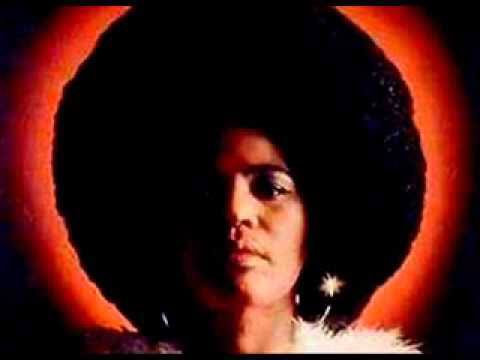
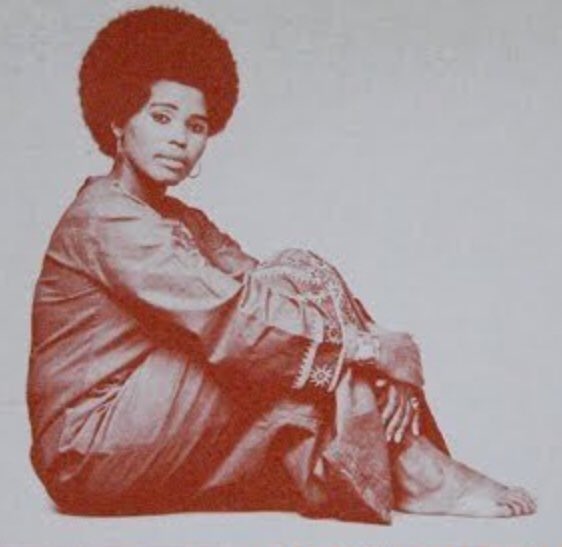
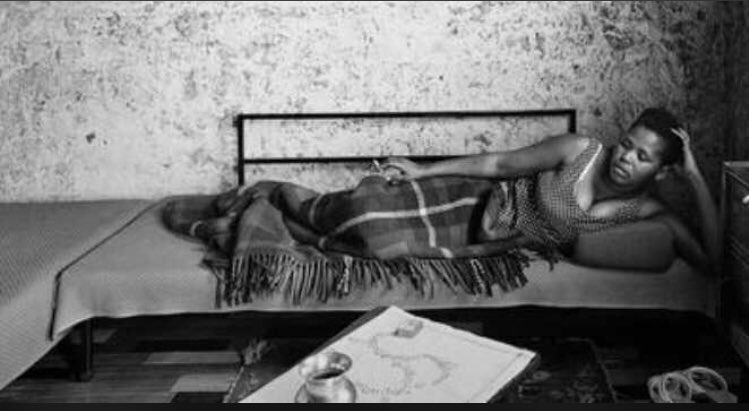
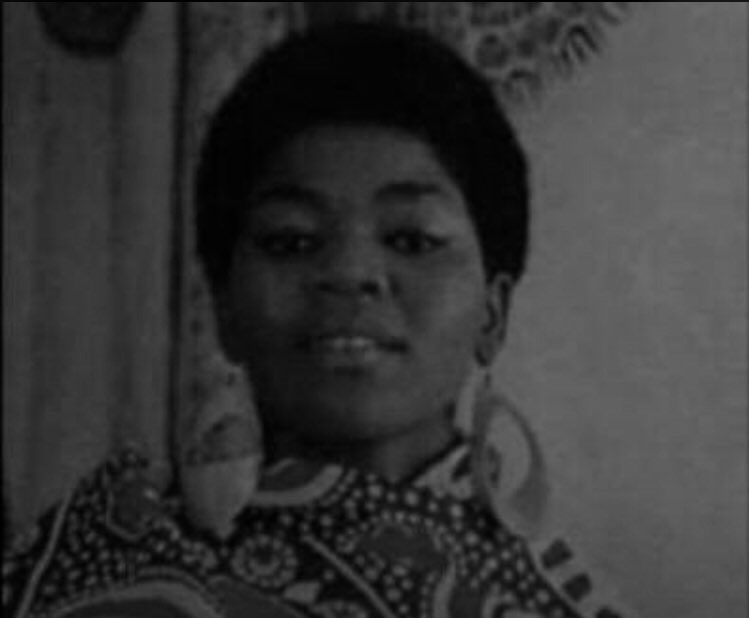
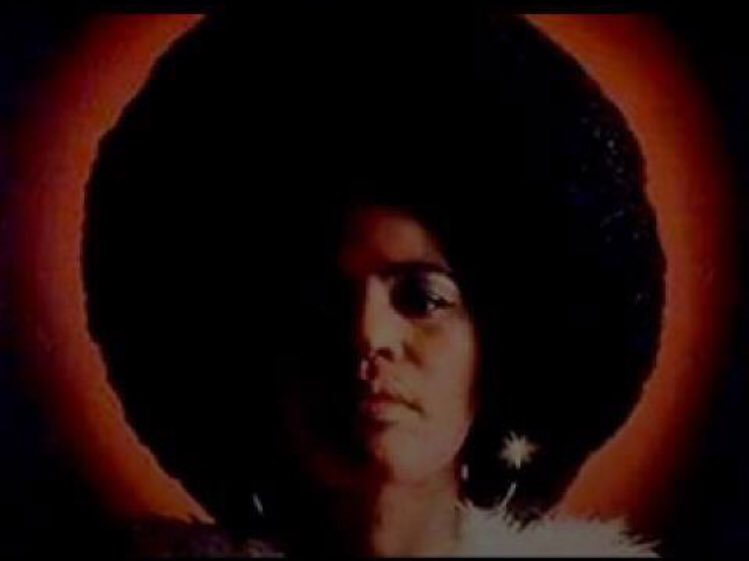
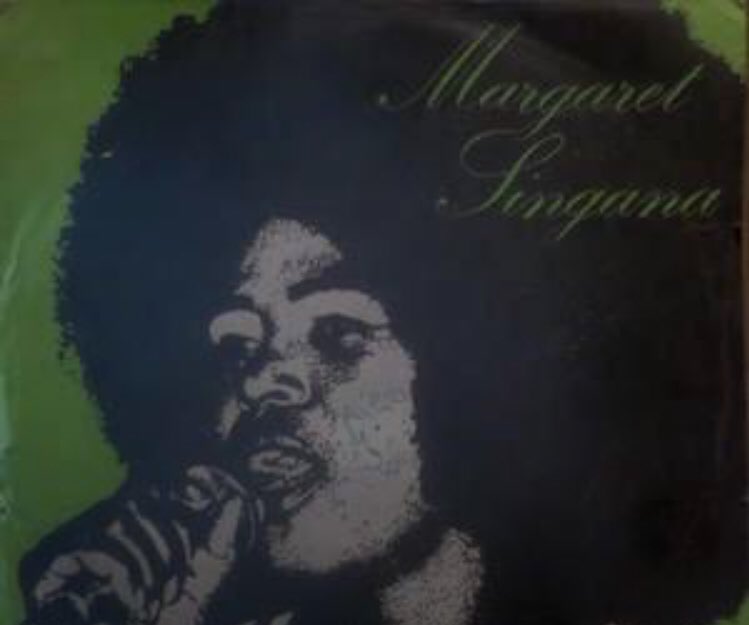
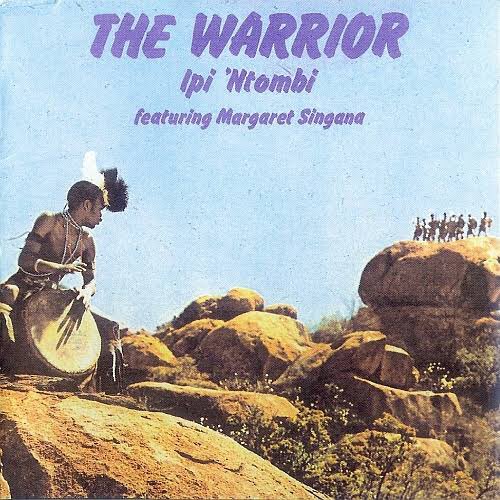 " title="The following year in 1973, she was cast as the lead singer in the stage musical Ipi Ntombi. Ipi Ntombi was a huge hit and the production toured the UK, Aussie and USA. Sidenote: If you remember your parents watching Ipi Ntombi, your wedding is long overdue!https://abs.twimg.com/emoji/v2/... draggable="false" alt="😂" title="Gesicht mit Freudentränen" aria-label="Emoji: Gesicht mit Freudentränen">" class="img-responsive" style="max-width:100%;"/>
" title="The following year in 1973, she was cast as the lead singer in the stage musical Ipi Ntombi. Ipi Ntombi was a huge hit and the production toured the UK, Aussie and USA. Sidenote: If you remember your parents watching Ipi Ntombi, your wedding is long overdue!https://abs.twimg.com/emoji/v2/... draggable="false" alt="😂" title="Gesicht mit Freudentränen" aria-label="Emoji: Gesicht mit Freudentränen">" class="img-responsive" style="max-width:100%;"/>
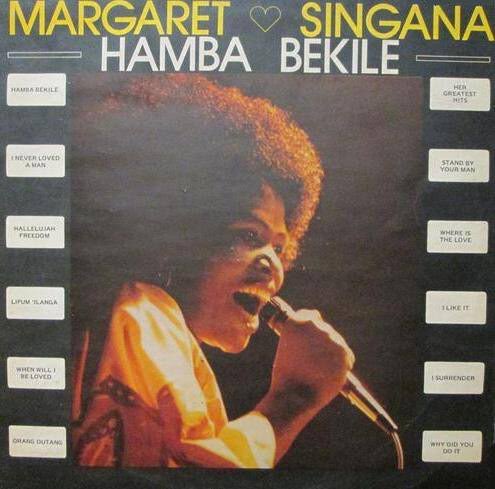 " title="The lyrics go “Hamba Bhekile, musuhlala ndawonye”. Bhekile is the calabash, the song literally says “pass the calabash, dont keep it too long”. Something to to sing along to next time you drink with your friends.https://abs.twimg.com/emoji/v2/... draggable="false" alt="😁" title="Grinsendes Gesicht mit lächelnden Augen" aria-label="Emoji: Grinsendes Gesicht mit lächelnden Augen">" class="img-responsive" style="max-width:100%;"/>
" title="The lyrics go “Hamba Bhekile, musuhlala ndawonye”. Bhekile is the calabash, the song literally says “pass the calabash, dont keep it too long”. Something to to sing along to next time you drink with your friends.https://abs.twimg.com/emoji/v2/... draggable="false" alt="😁" title="Grinsendes Gesicht mit lächelnden Augen" aria-label="Emoji: Grinsendes Gesicht mit lächelnden Augen">" class="img-responsive" style="max-width:100%;"/>
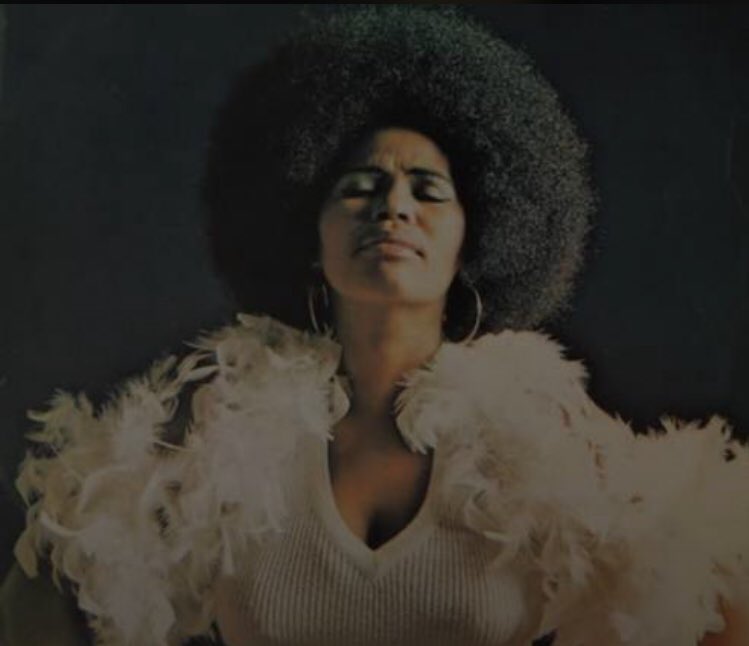
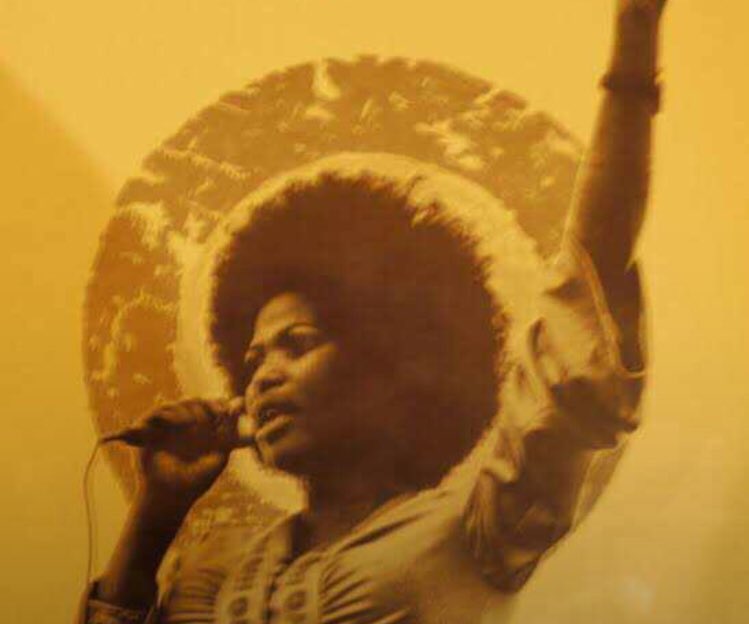
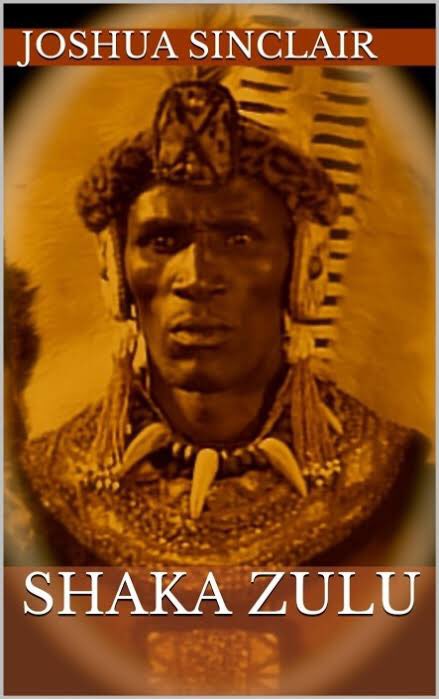
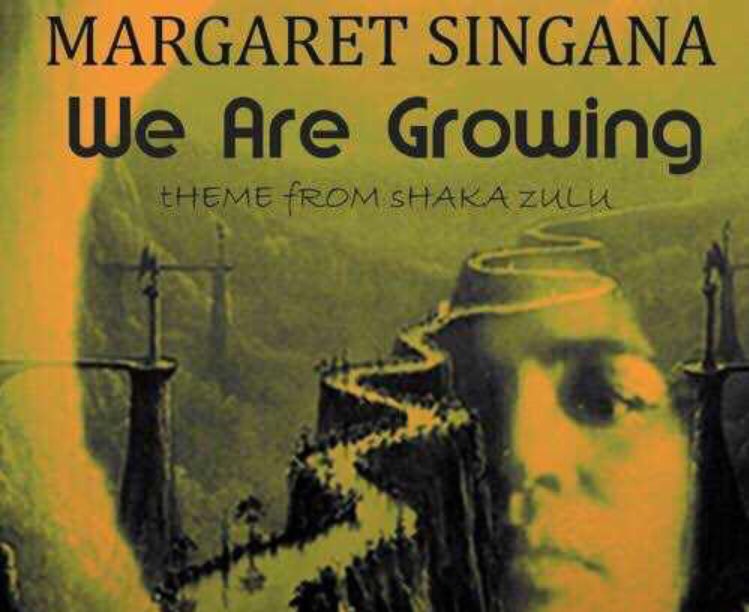
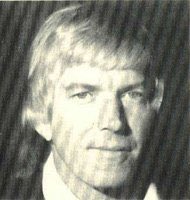
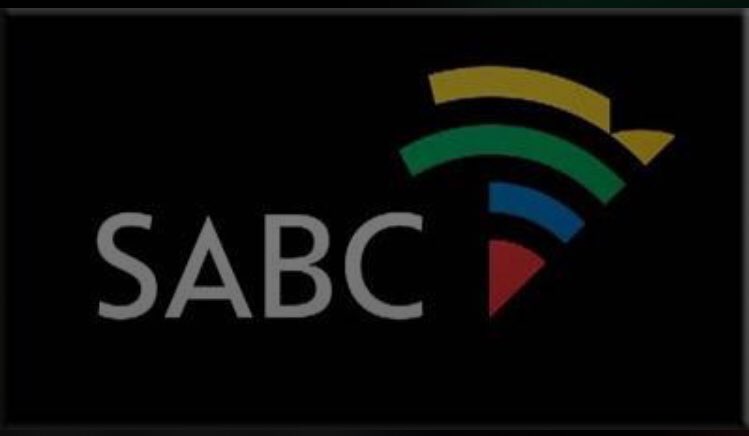
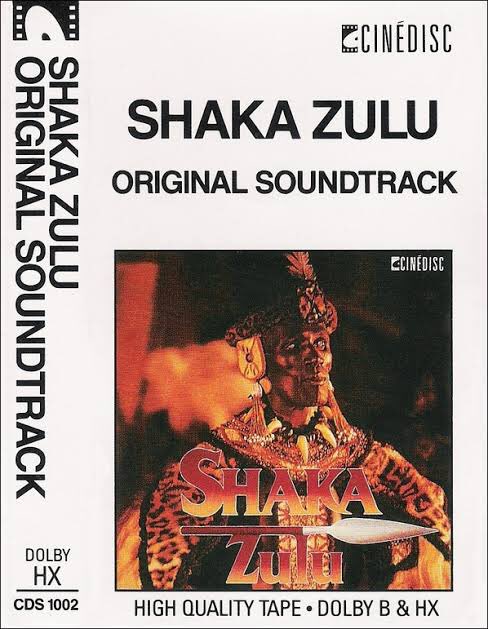
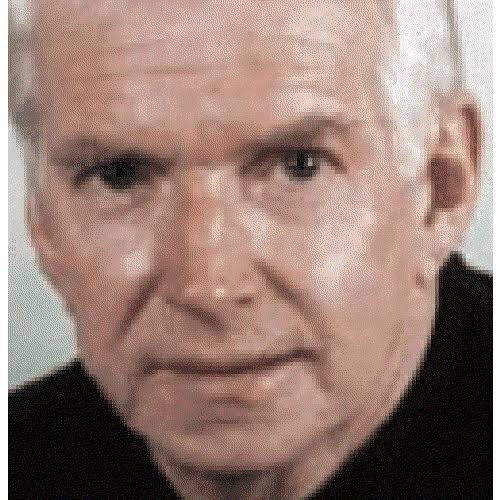
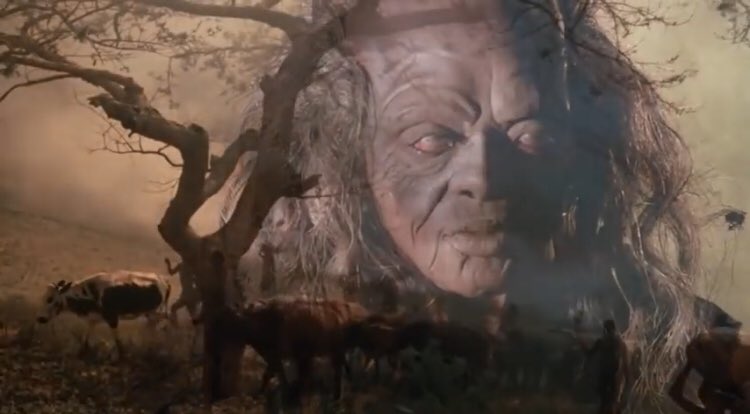
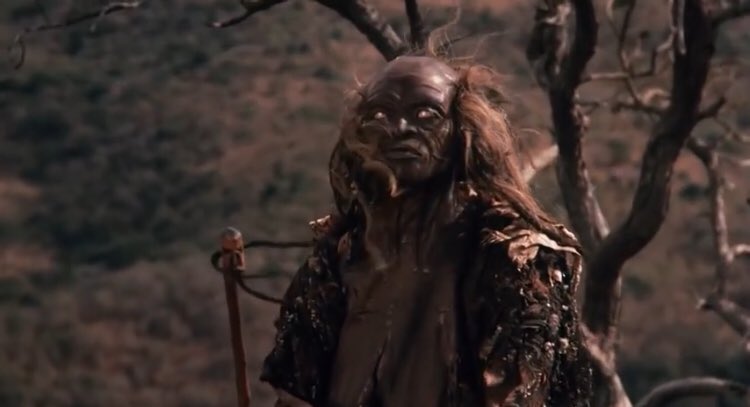

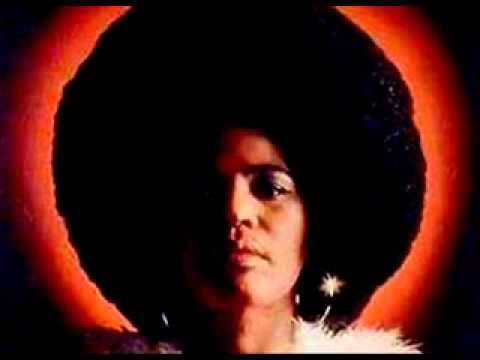
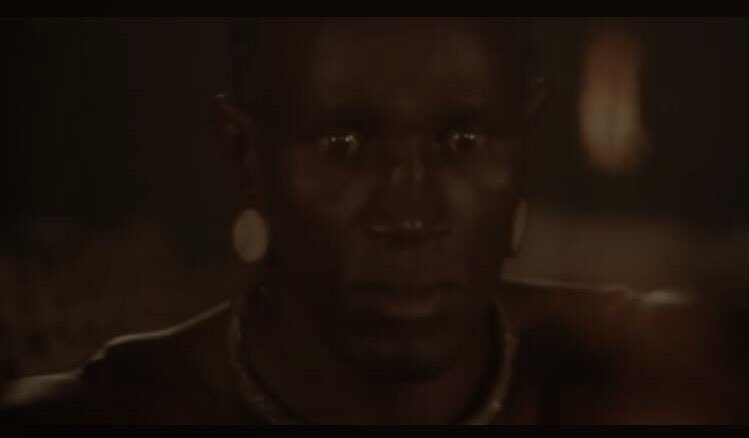
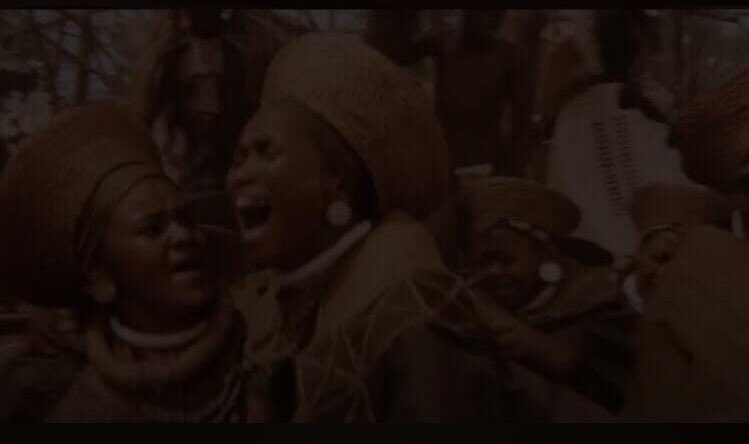
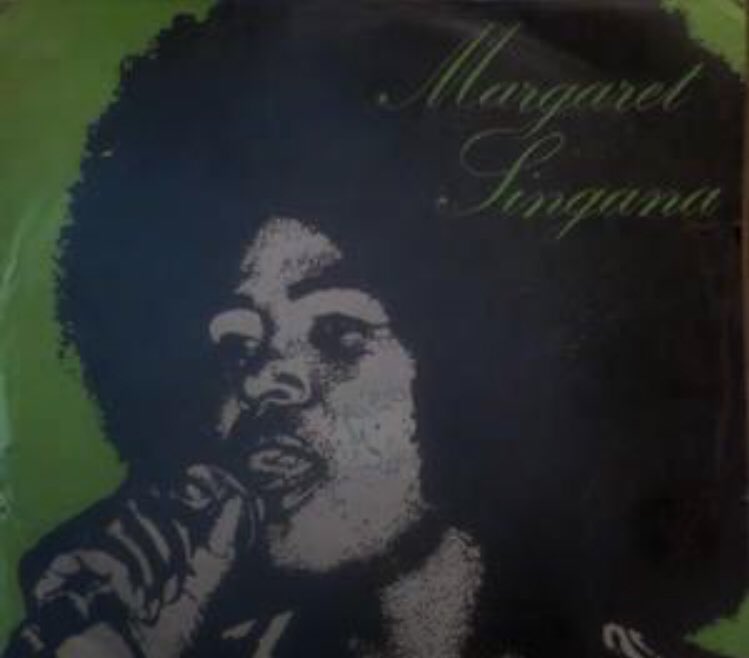
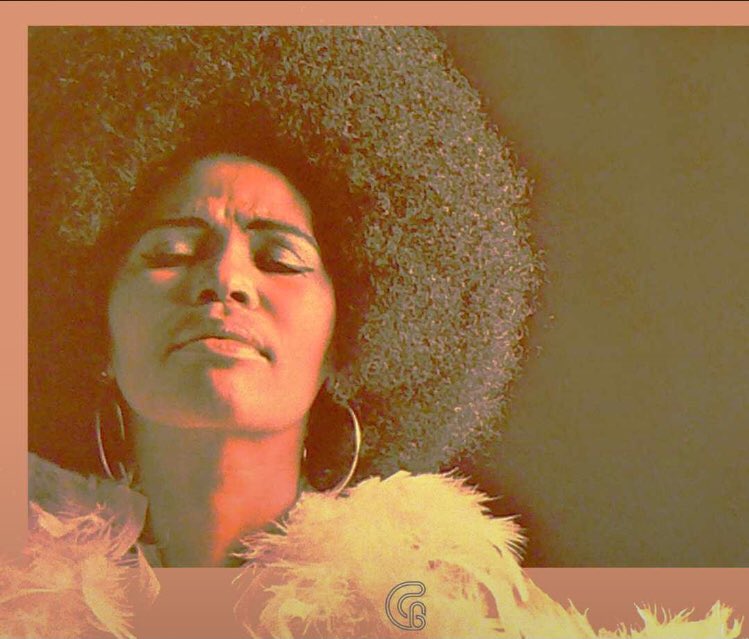
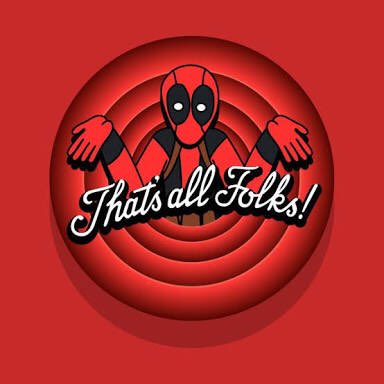 https://abs.twimg.com/emoji/v2/... draggable="false" alt="💛" title="Gelbes Herz" aria-label="Emoji: Gelbes Herz">https://abs.twimg.com/emoji/v2/... draggable="false" alt="💚" title="Grünes Herz" aria-label="Emoji: Grünes Herz">" title="Big Lesson: Exploitation is rife in Entertainment. Margaret Singana was a black woman at a bad time and even after a court case which involved the songs, she died poor. Negotiate good terms, Read what you sign and Chase people for your monies. Stay Safe Good People!!https://abs.twimg.com/emoji/v2/... draggable="false" alt="❤️" title="Rotes Herz" aria-label="Emoji: Rotes Herz">https://abs.twimg.com/emoji/v2/... draggable="false" alt="💛" title="Gelbes Herz" aria-label="Emoji: Gelbes Herz">https://abs.twimg.com/emoji/v2/... draggable="false" alt="💚" title="Grünes Herz" aria-label="Emoji: Grünes Herz">" class="img-responsive" style="max-width:100%;"/>
https://abs.twimg.com/emoji/v2/... draggable="false" alt="💛" title="Gelbes Herz" aria-label="Emoji: Gelbes Herz">https://abs.twimg.com/emoji/v2/... draggable="false" alt="💚" title="Grünes Herz" aria-label="Emoji: Grünes Herz">" title="Big Lesson: Exploitation is rife in Entertainment. Margaret Singana was a black woman at a bad time and even after a court case which involved the songs, she died poor. Negotiate good terms, Read what you sign and Chase people for your monies. Stay Safe Good People!!https://abs.twimg.com/emoji/v2/... draggable="false" alt="❤️" title="Rotes Herz" aria-label="Emoji: Rotes Herz">https://abs.twimg.com/emoji/v2/... draggable="false" alt="💛" title="Gelbes Herz" aria-label="Emoji: Gelbes Herz">https://abs.twimg.com/emoji/v2/... draggable="false" alt="💚" title="Grünes Herz" aria-label="Emoji: Grünes Herz">" class="img-responsive" style="max-width:100%;"/>


